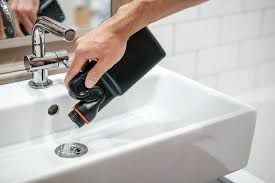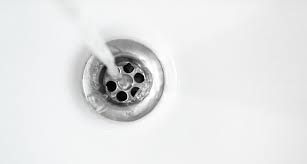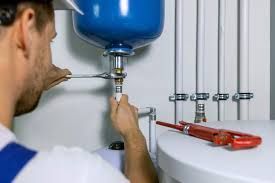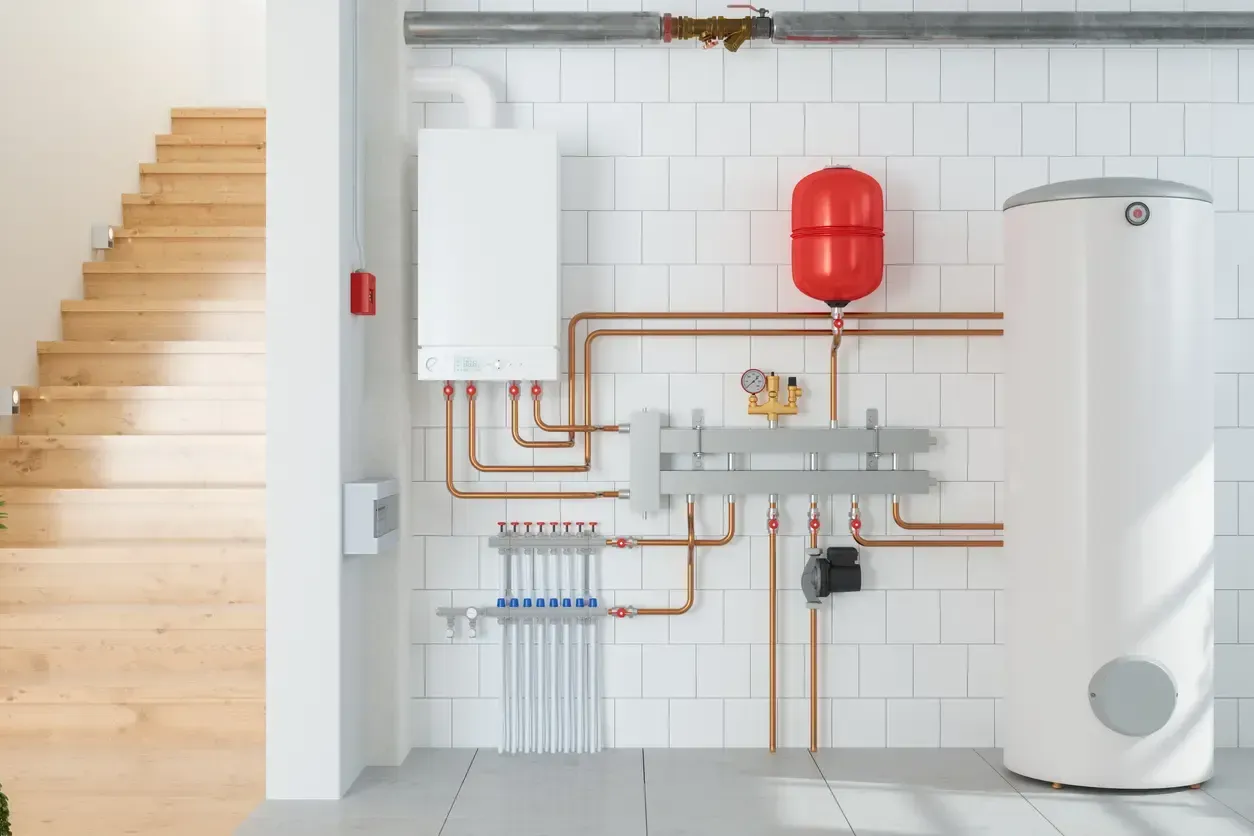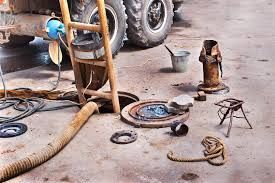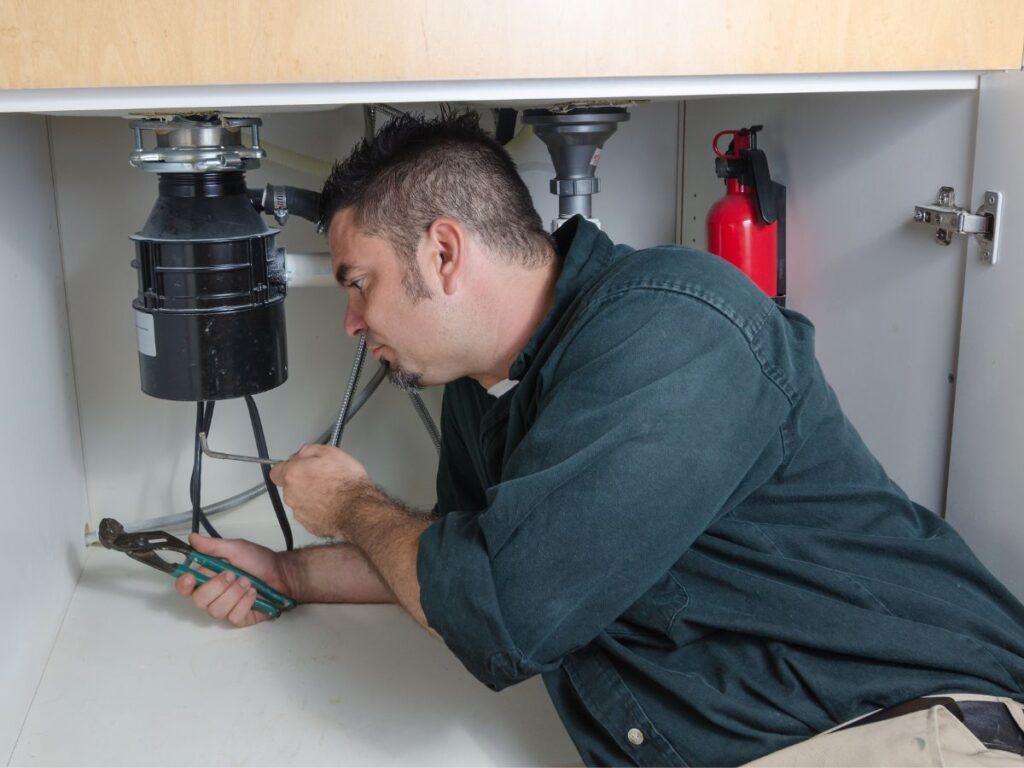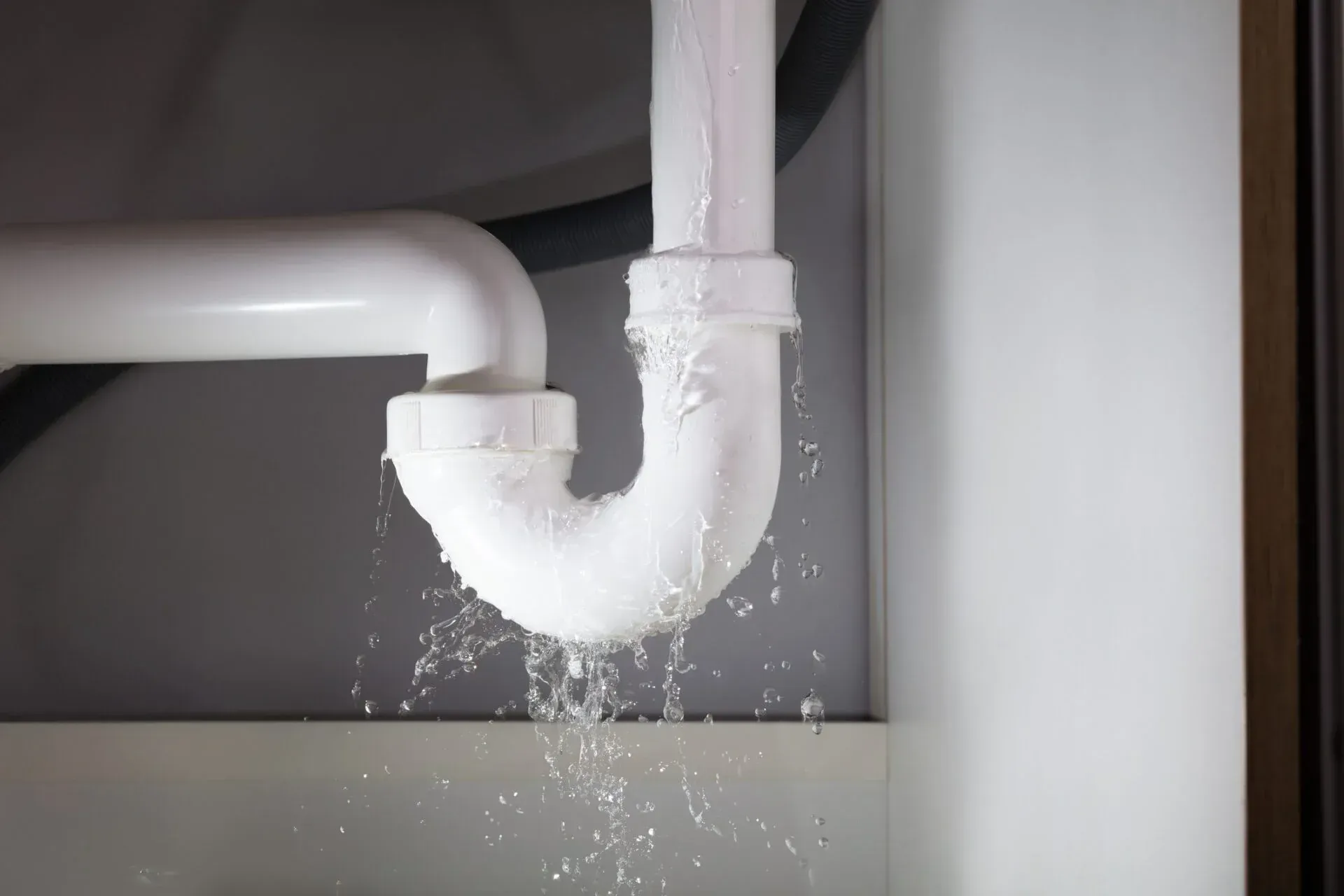5 Common Residential Plumbing Problems

Owning your own home is an incredible feeling–until you hear the dripping faucet or the water in the shower won’t stay warm. Plumbing problems are a reality in every home, especially as it ages. But rest assured–you can solve many of these problems quickly with the right tools and know-how. Check out five of the most common plumbing issues your home may face. We will share some easy fixes and help you learn when it might be time to call a professional.
Low Water Pressure
A common problem in homes of all ages is low water pressure. The last thing you want is a shower with only a tiny drip of water from the faucet, but weak water pressure can be a symptom of several issues. Several things can cause low water pressure. You could have low water pressure from the utility. To check your pressure, use a pressure gauge. Perhaps you are running too many things at once–if the washing machine is running and you are watering the lawn, the shower will naturally have subpar flow. On the other hand, you could be suffering from blocked pipes. More significant issues could include a water main problem or an active leak in the supply line.
The first step in this situation is determining if it is a building-wide issue or more local to one part of your house. Try the water in each part of your home, one at a time. With this knowledge, you can begin narrowing down the issue. Some minor problems can be solved relatively easily. For example, the faucet aerator could cause weak water pressure. You can fix a blocked aerator by removing it carefully, cleaning out any debris that has built up, and putting it back on. If you are having trouble diagnosing the problem, enlist the help of a professional plumbing service in your area.
Slow Draining Sink/Tub
Most homeowners will share this experience in their lives: a drain that just won’t drain. Whether it’s your kitchen sink when you’re trying to wash dishes or your bathtub drain after a shower, all slow drains cause frustration. You can imagine the causes of a slow-draining sink or tub are many. Anything can get into the pipes and inhibit the flow of water. Hair and soap debris can clog up a bathroom sink, while food scraps and oils can cause issues in the kitchen.
Several of these causes have an easy fix. You could use a bit of drain cleaner or a drain snake to break up clogs. The unfortunate thing about serious clogs is that they are often difficult to reach. Many pipes in your home are behind plaster and drywall. If your drains are slow throughout your home, you may have an even bigger issue on your hands, like a sewer line block. It is always a great idea to call in the experts quickly when simple fixes don’t work out. Simple problems with drainage can turn disastrous quickly.
Running Toilet
Some homeowners may notice this issue when it’s too late. When you flush your toilet, you may not be aware of the running sound that continues after the flush cycle. This is one of the most expensive and wasteful. A small toilet can waste 20-30 gallons of water each day, causing your water bill to skyrocket.
You can find the causes of a running toilet in the tank. You could have a leaking stopper or worn-out flush valve. You can attempt to solve these issues yourself by replacing the system inside the tank, but if your toilet is still running after a few jiggles of the handle, the best advice is to call a licensed plumbing company to help.
Dripping Faucets and Leaky Pipes
Another common plumbing problem you may face as a homeowner is a dripping faucet or leaky pipe. These issues can snowball into much more profound–and more expensive–problems. A leaky pipe or faucet wastes water, of course, but it can also cause intense damage to other parts of your home. Not to mention how these drips and leaks can compound on top of one another; excess water can create rust and lead to even more leaks. If water from a leak settles into the wood, it can become a breeding ground for dangerous mold and bacteria. Rotting wood is the enemy of a safe home.
You can solve a leaking pipe or dripping faucet simply most of the time. Your pipe may need a new washer or O-ring. You may need to replace an old fixture. However, you could be dealing with something not as easily solved, like corrosion or improper installation. With the help of a plumbing professional, you can quickly locate the issue and have it corrected before it becomes much bigger and more expensive.
Hot Water Heater Problems
Hot water is essential to a clean, sanitary home. When your water heater isn’t functioning as it should, it can affect many elements of your home. The most common problem is when your water heater doesn’t live up to its name by producing too little or no hot water at all.
There are a few solutions to this problem. You may need to relight the pilot light if you have a gas heater or replace the heating element on your electric heater. There could be particles of sediment and rust in your tank, which would have to be cleaned out by a professional for it to function correctly. If your water heater leaks, you will probably have to replace it.
Issues with your water heater can be complex and even dangerous. It is always best to contact a professional service to diagnose and solve the water heating issues in your home.
In summary, you can take steps to solve simple plumbing problems in your home. However, other issues come with potential dangers and are better left to professionals. It is crucial in any case to fix these minor issues before they become much bigger ones. All of these problems can be solved by calling a professional plumbing service. In Birmingham, Alabama, give All City Plumbers a call for all your residential plumbing needs. With continued education in new techniques and implementing the most modern equipment available, we believe that All City Plumbers, Inc can provide the best possible services for our customers.
